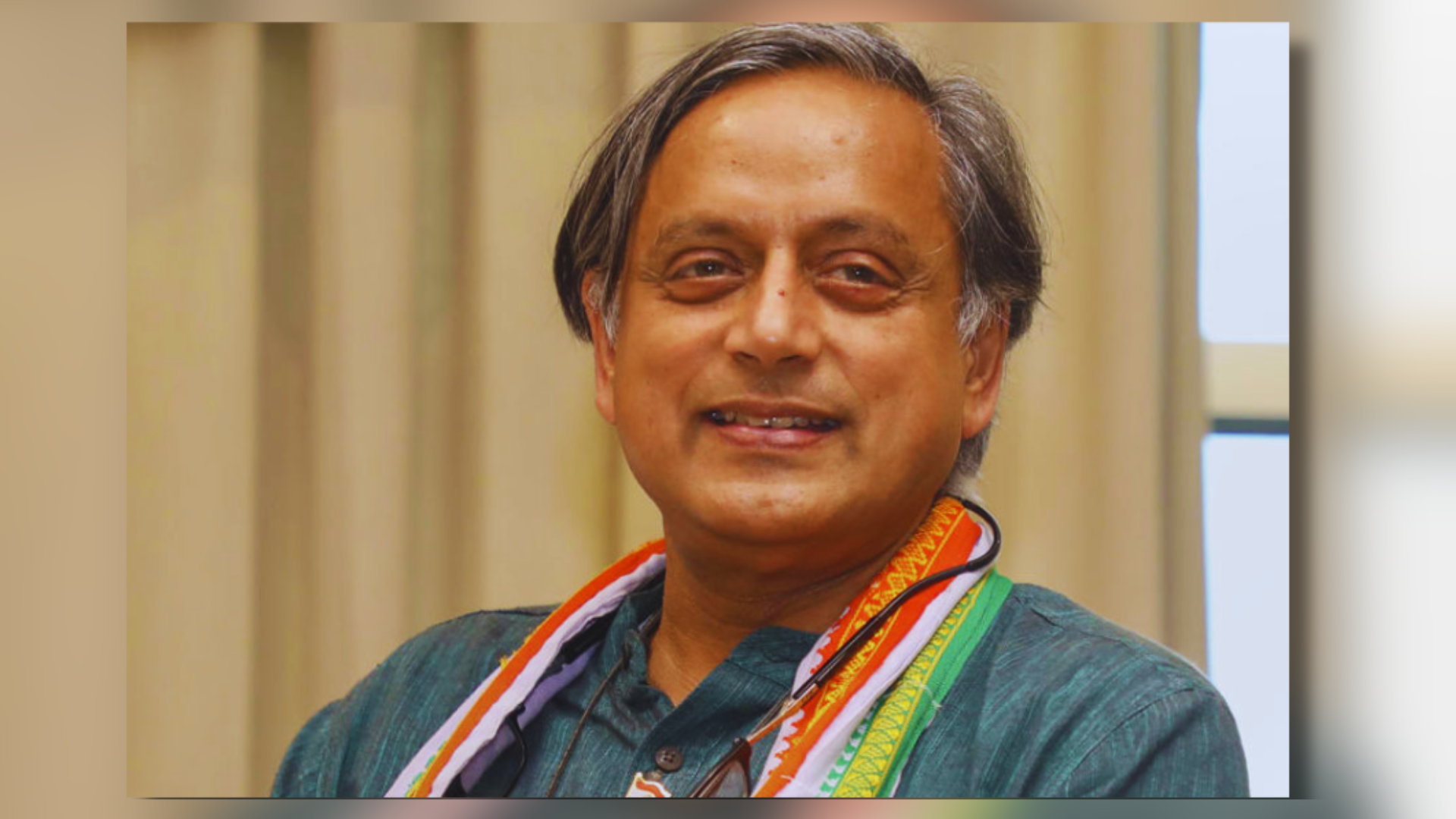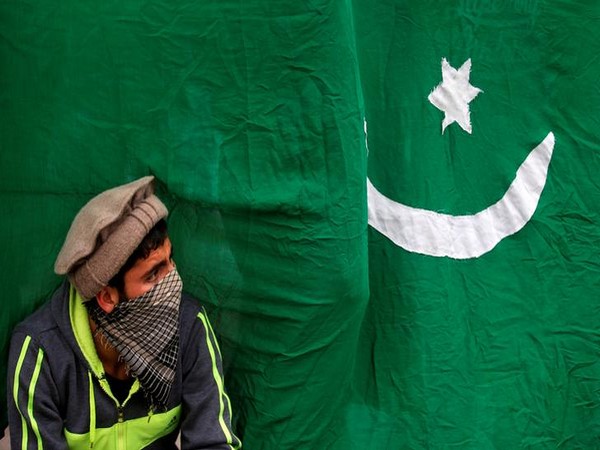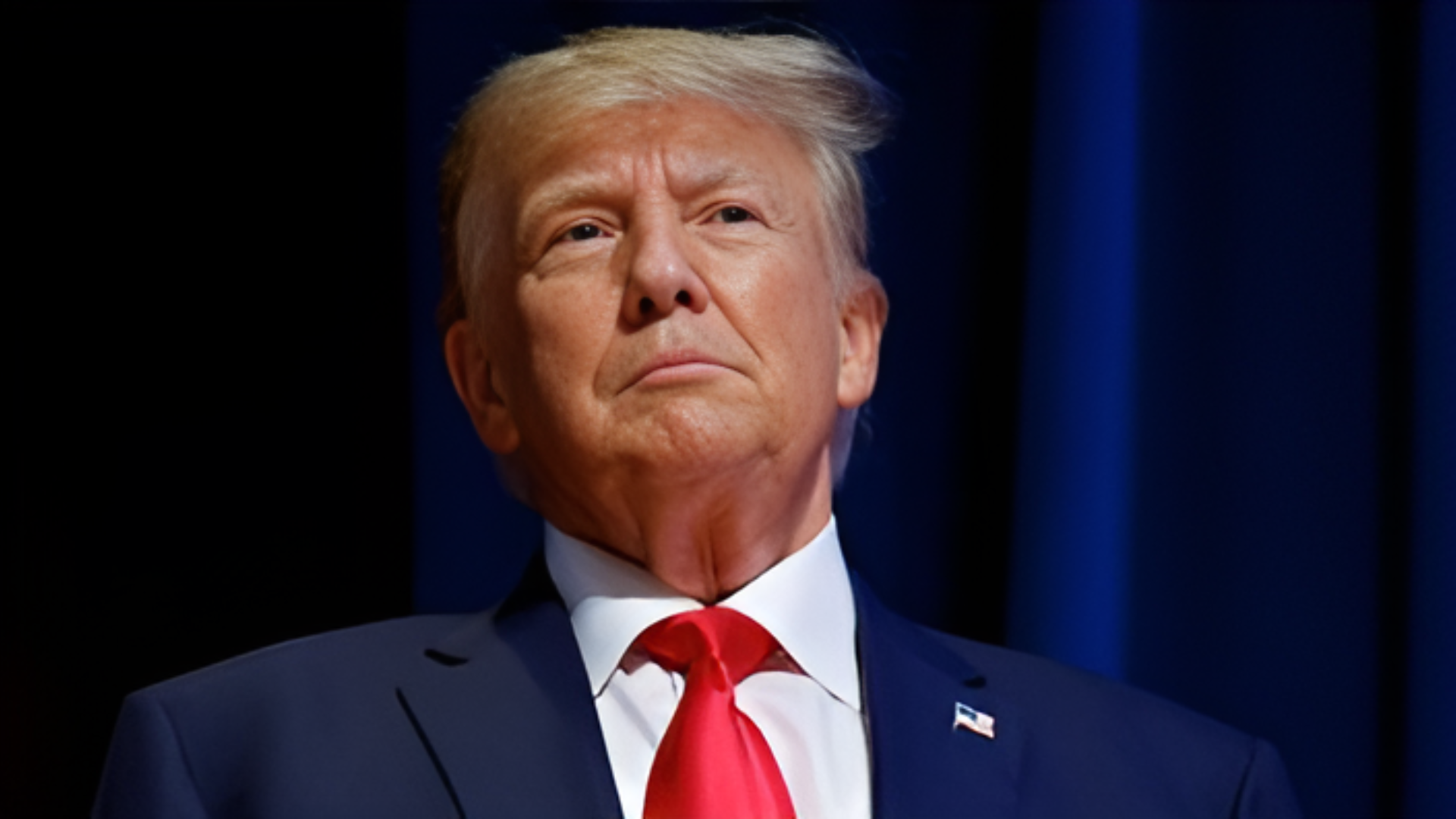Today marks the 60th death anniversary of Jawaharlal Nehru, India’s first Prime Minister and a pivotal figure in the country’s struggle for independence. Congress leaders across the nation have paid tribute to Nehru, celebrating his enduring legacy and contributions to the nation.
Early Life and Birth
Jawaharlal Nehru was born on November 14, 1889, in Allahabad, British India. As the son of prominent lawyer and nationalist leader Motilal Nehru, Jawaharlal was exposed to politics from an early age. His education in England, at Harrow and later at Cambridge, provided him with a broad perspective and a solid foundation for his future political career.
Contribution to India’s Independence
Nehru’s involvement in India’s freedom movement was profound and multifaceted. He joined the Indian National Congress in the 1910s and quickly became one of Mahatma Gandhi’s most trusted aides. Nehru played a significant role in organizing mass protests, including the Non-Cooperation Movement (1920-1922) and the Civil Disobedience Movement (1930-1934). His vision for an independent, secular, and socialist India resonated with many, and he became a key leader in the struggle against British colonial rule.
First Prime Minister of Independent India
Following India’s independence on August 15, 1947, Nehru was appointed the first Prime Minister of the country. His tenure, which lasted until his death in 1964, was marked by efforts to transform India into a modern, industrialized nation. Nehru’s policies laid the foundation for India’s future growth and development.
Achievements and Contributions
As Prime Minister, Nehru implemented several significant initiatives:
1. Industrialization and Economic Policies: Nehru focused on developing heavy industries and infrastructure, setting up key institutions such as the Indian Institutes of Technology (IITs) and the Indian Institutes of Management (IIMs). His policies aimed at creating a self-sufficient economy.
2. Education and Scientific Advancement: Nehru was a strong advocate for education and scientific research. He established numerous universities and research institutions, fostering a culture of innovation and intellectual growth.
3. Non-Alignment Movement: Nehru was one of the founding leaders of the Non-Aligned Movement, which sought to maintain neutrality and independence during the Cold War. This policy allowed India to pursue its own path without aligning with major world powers.
4. Social Reforms: Nehru worked towards social reforms, including the abolition of untouchability and the promotion of gender equality. His progressive policies aimed at creating a more equitable society.
Death and Legacy
Jawaharlal Nehru passed away on May 27, 1964, due to a heart attack. His death marked the end of an era for India, but his legacy continues to influence the nation’s political and social landscape. Nehru’s vision of a secular, democratic, and inclusive India remains a guiding principle for the country.
On this 60th death anniversary, as Congress leaders and citizens alike pay homage to Nehru, it is a moment to reflect on his immense contributions and the values he championed. His life’s work set the stage for a modern India, and his ideals continue to inspire future generations.


















